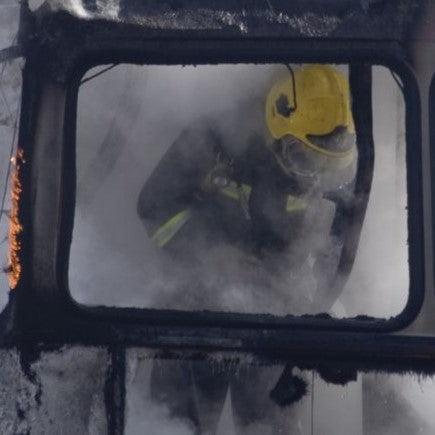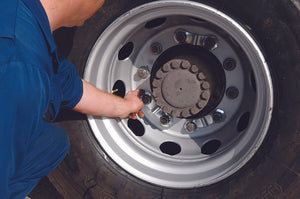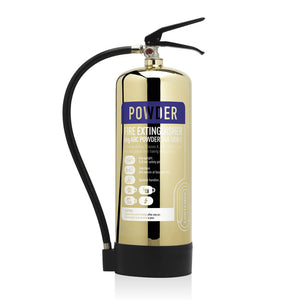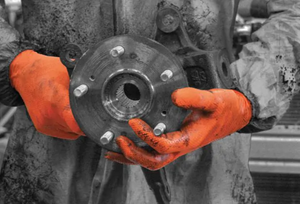
Bus Fires On The Rise
Bus Fire Safety: Essential Measures to Protect Drivers and Passengers
In recent years, there has been a concerning increase in the number of bus fires. This alarming trend highlights the importance of preparatory walkaround checks, fire extinguishers, and emergency hammers. These safety measures are vital to ensure the safety of passengers and drivers in case of a fire emergency.

DVSA Bus Fire Data
Bus fires have become a growing concern, as highlighted in the government's recent investigation report. The report shows a significant rise in bus fires reported to the DVSA (Driver and Vehicle Standards Agency) from 2020–2022.
“DVSA found evidence of drivers continuing to drive the vehicle when warning systems advise the vehicle should be stopped, and of drivers being given incorrect advice by depots to continue driving.”
Preparatory Walkaround Checks
Preventive measures are the first line of defence against bus fires. Conduct thorough walkaround checks to identify potential hazards. Drivers and maintenance personnel should inspect buses for wear, electrical faults, and other issues that could lead to a fire.
- Electrical Systems: Ensure all wiring is secure and circuits are intact.
- Fuel Lines: Check for leaks or loose connections.
- Exhaust Systems: Inspect for overheating or damage.
- Emergency Equipment: Confirm fire extinguishers and emergency hammers are present and functional.
Fire Extinguishers: A Vital Tool
Fire extinguishers are essential for bus safety. Quick action is critical in a fire, so having the right type easily accessible is vital.

Select extinguishers tailored to the fire type—water, foam, or dry powder. Guidance from www.surreyfire.co.uk can help choose the correct extinguisher.

Ensure extinguishers are strategically located and regularly maintained. Replace faulty units—shop a full range here.
Emergency Hammers: A Lifesaving Tool
Emergency hammers allow rapid escape during fires. Equipped with a sharp point for breaking glass and a seatbelt cutter, they are indispensable for emergencies.

Ensure passengers and drivers know where hammers are located and how to use them. Replace faulty units here.
Conclusion
Rising bus fire incidents demand attention. Conduct walkaround checks, maintain accessible fire extinguishers, and ensure emergency hammers are ready. Prioritising these measures can save lives and keep both drivers and passengers safe.








